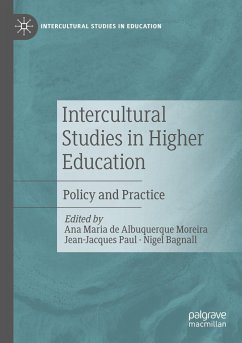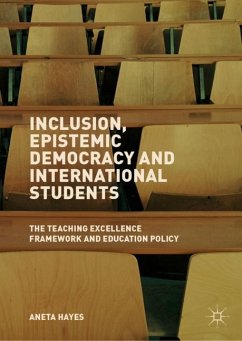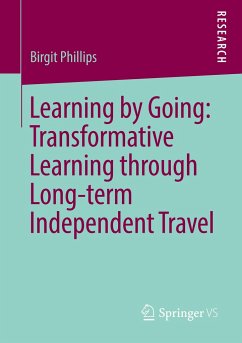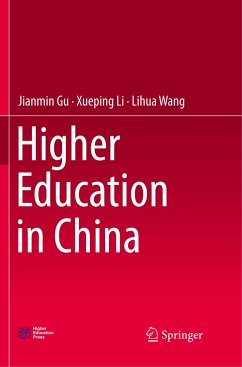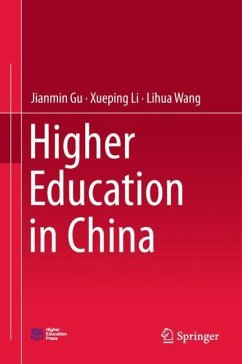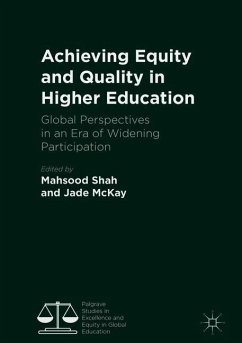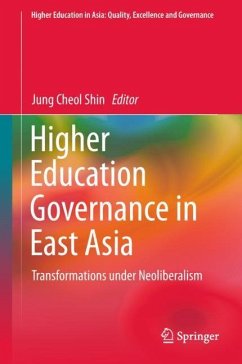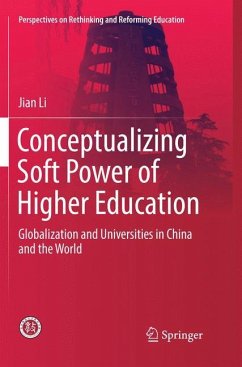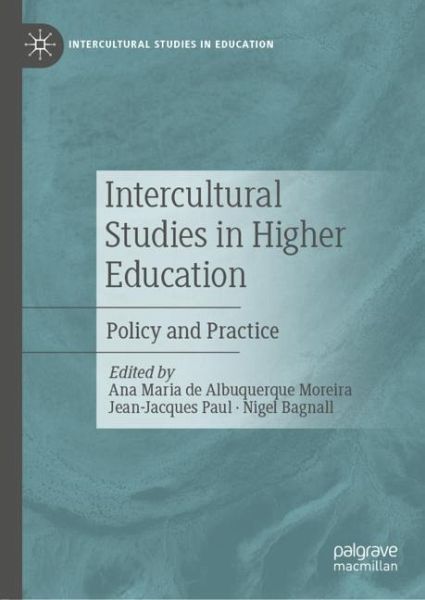
Intercultural Studies in Higher Education
Policy and Practice
Herausgegeben: de Albuquerque Moreira, Ana Maria; Paul, Jean-Jacques; Bagnall, Nigel

PAYBACK Punkte
57 °P sammeln!
This book explores the study of policies and practices in Higher Education by comparing systems, institutions, programs, innovations, results and cultures. In a rapidly changing global and international marketplace, the growth of higher education has occurred within distinct cultural contexts, meaning that change is reflected within local, regional, national and global perspectives. Using a single data methodology across countries and continents, the editors and contributors explore higher education reforms between global and local dimensions, the expansion of access and democratisation, and r...
This book explores the study of policies and practices in Higher Education by comparing systems, institutions, programs, innovations, results and cultures. In a rapidly changing global and international marketplace, the growth of higher education has occurred within distinct cultural contexts, meaning that change is reflected within local, regional, national and global perspectives. Using a single data methodology across countries and continents, the editors and contributors explore higher education reforms between global and local dimensions, the expansion of access and democratisation, and relevant aspects in the organisation and management of higher education. In doing so, this book arrives at an understanding of higher education at a truly intercultural level, which can lead to a deeper and more holistic understanding of policies and practices in higher education. This innovative book will be of interest and value to students and scholars of higher education across the world as well as the study of interculturality.





